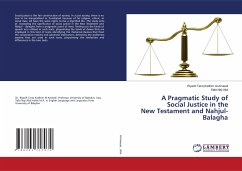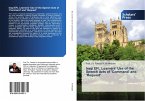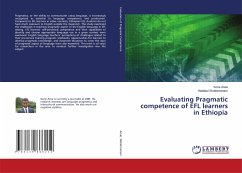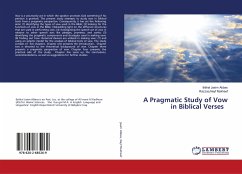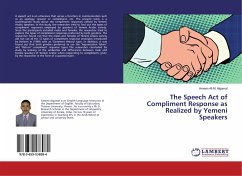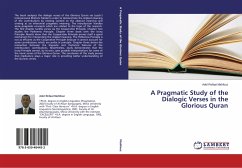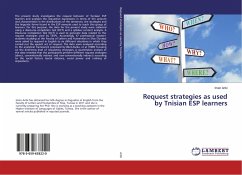Social justice is the fair construction of society. In a just society, there is no one to be marginalized or humiliated because of his religion, ethnic, or social class. All have the same rights to live a dignified life. The study aims at: reavealing the significance of social justice in the New Testament and Nahjul - Balagha from a pragmatic point of view, finding out the kinds of speech acts utilized in such texts, pinpointing the kinds of deixes that are employed in this kind of texts, identifying the rhetorical devices that flout the cooperative maxims and generate implicature, detecting the politeness maxims that are used in such texts, pinpointing the similarities and differences in the two texts.
Bitte wählen Sie Ihr Anliegen aus.
Rechnungen
Retourenschein anfordern
Bestellstatus
Storno

